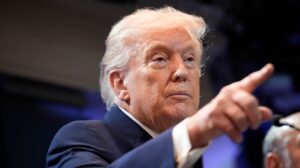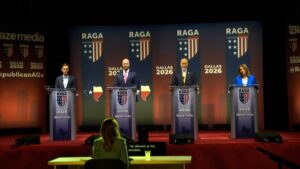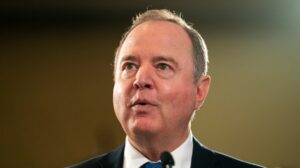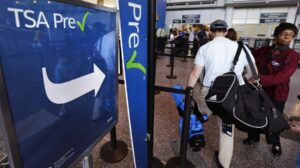Politics
Trump is terrible at town halls. He should keep doing them.
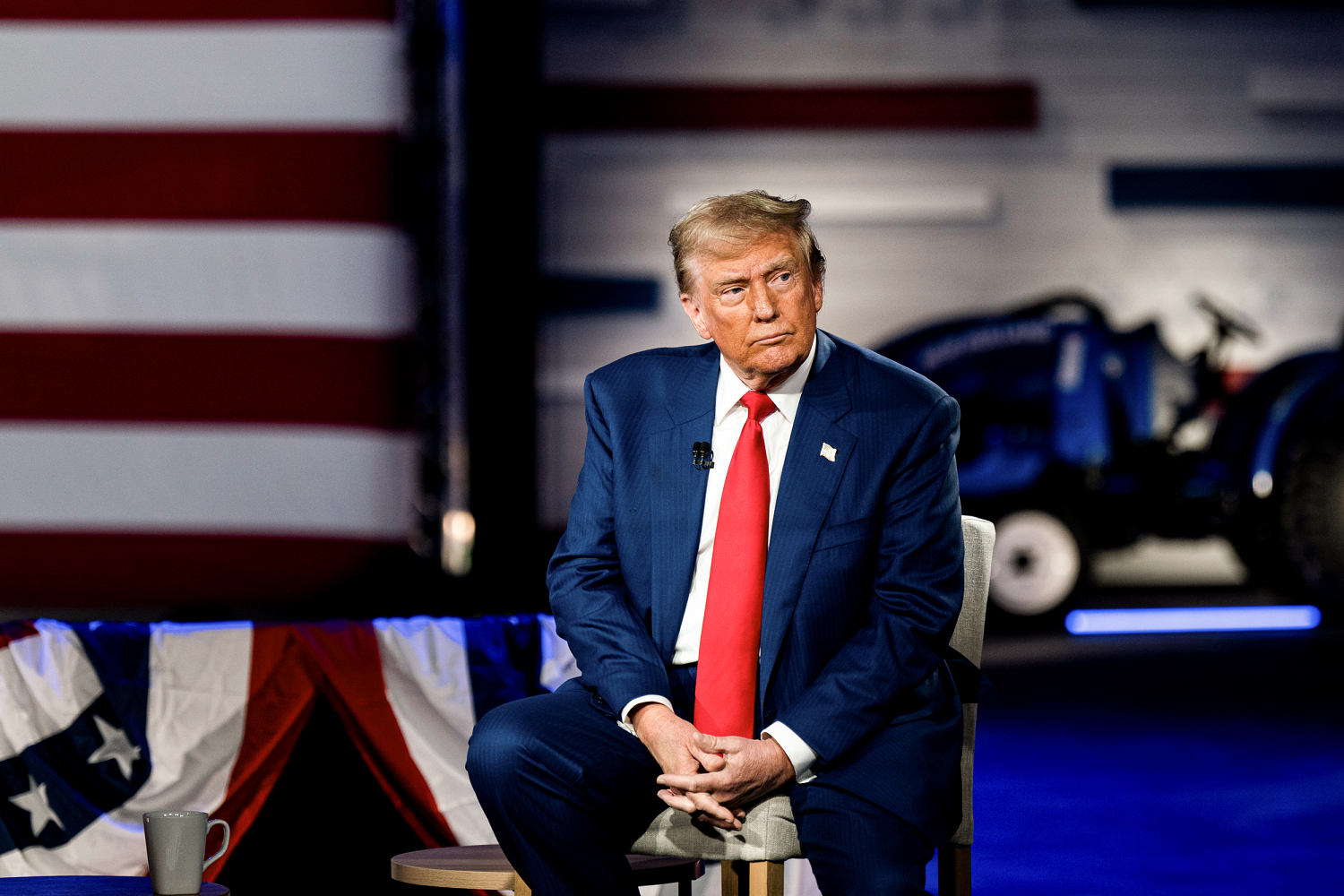
Town hall-style events offer presidential campaigns a counterpoint to the one-way discourse of massive rallies. Candidates typically use these events as a way to humanize themselves, and voters are more than happy to directly question the candidates trying to earn their votes. But because dialogue is the last thing that former President Donald Trump wants, the town hall is a uniquely horrible format for him.
From cutting off questions so he could “do a music” (his words), to rambling far beyond the original point of the questions asked of him, each of Trump’s town halls over the last week has been uniquely disastrous. There were a few moments between his meandering diatribes in which he mustered up the pretense of caring about his supporters’ concerns, but by continuously pulling the spotlight back to himself, again and again Trump missed opportunities to show empathy with struggling Americans.
By continuously pulling the spotlight back to himself, again and again Trump missed opportunities to show empathy with struggling Americans
“Based on the inflation and weak job market, it seems like a big stretch that I’ll ever be able to own a home,” a college student who’ll be voting for the first time told Trump at a town hall in Lancaster, Pennsylvania, on Sunday. “What is your plan to help bring down inflation and make life more affordable for Americans like me who are just starting off?”Most candidates would love to get that kind of opportunity to offer up specific plans to appeal to the youth vote and talk about housing. Trump instead thanked the young woman for using the term “American dream,” which she didn’t use, and then he ranted about zoning laws and interest rates:
The biggest thing, two things. Make the economy good, so you get a lot of money, right? Make the economy good. And the other thing is interest rates. We’re going to get interest rates. Right now, you can’t get money. Even if you had a good job, you’re paying 10%, you’re paying 11%, 12%, and you can’t get it. When I was president, it was 2.2% interest, and now, and the money was all over the place, and now you can’t get the money. So we’re going to make sure that you can get the money.
That’s not how any politician who cares about a voter and her concerns would answer that question, and the reductive wonder that is “make the economy good” couldn’t have been very inspiring. Most candidates would spend these final days working on being more responsive to what voters are asking. What stands out about Trump’s town halls then is his utter disdain for audience members in favor of pivoting back to his poorly thought-out talking points.
While the impromptu music-listening session at last week’s town hall in Oakes, Pennsylvania, drew more attention, it’s worth clocking how far afield he went while responding to one of the few questions that he took. As The Washington Post’s Philip Bump noted, Trump’s answer to a question about how he would lower grocery prices included accusations that immigrants are taking “Black population jobs and Hispanic population [jobs],” a boast that the Border Patrol endorsed him and the lie that he won’t let go about Haitian migrants in Ohio. His answer also encouraged everyone to go out and vote on “January 5th.” You may notice that none of those remarks addresses grocery prices. In fact, Trump’s mass deportation plan, if carried out, is a surefire way to cause food prices to skyrocket.During his women-only Fox News town hall on Wednesday, an audience member told Trump that during the previous year she’d broken her neck, was denied assistance, and couldn’t pay for daycare. She asked what he was going to do to help parents afford children. This was his full response:
It’s not fair. You never heard of Ivanka, right? Ivanka. My daughter drove me crazy on this. We had the simplest, most beautiful tax — you know, I gave you the largest tax cuts in the history of our country, OK, larger than the Reagan cuts, larger — but my daughter Ivanka, she said, “Dad, we have to do tax credits for women,” you know, for the child tax credits. She was driving me crazy. Then I did it and I got it just about done. “Dad, you’ve got to double it up.” I said, “Ivanka!” It was actually more complicated than the entire bill, but I got it done, and what we’re going to do and I’m going to — because I understand exactly what you’re saying. We’re going to readjust things so that it’s fair to everybody, ‘cause it’s really not fair to everybody. But we have a lot, and we’re going up higher, but we’re also going to readjust because you have to make some readjustments. It’s unfair to some people and we’re not going to have that. But she was the one that got it started. You know, those were our credits, those were not the Democrat credits. A lot of Republicans said rightfully, “Don’t do it because we’ll never get credit for that.” You know, we’re not known for that. But the truth is, I wanted to put it all in the form of the tax cuts. So I got the maximum tax cut, but we’re also bringing down the taxes for companies and for people. We’re bringing it down to 15% and for companies, only if you make your product, build your product in the USA. Otherwise you don’t get it.
Unlike the other events he’s participated in lately, Thursday’s Univision town hall with Hispanic voters featured questioners who were skeptical of Trump but looking for a reason to back him. In what was a disaster from start to finish, Trump did not deliver on that opportunity. Viral reactions from audience members help illustrate how poorly Trump responded to a former supporter who was looking for a reason to support him again.
But such empathy comes rarely, if at all, from Trump.
These failures to connect are striking when you compare Trump to his predecessors. Former President Bill Clinton was the master of the town hall, adept at connecting with voters, answering their questions and acknowledging their struggles. It was his performance in the second presidential debate in 1992, the first to be held in a town hall format, that likely clinched the election for candidate Clinton. Even former President Barack Obama, who could come across as too cerebral and lecturing at times, at least was able to empathize with the problems Americans were facing.But such empathy comes rarely, if at all, from Trump. Voters bring him problems he could potentially solve if he were elected president, and many seem to quickly realize they’ve wasted their time. The town hall is supposed to foster conversations or at the very least give voters the impression that they’re being heard, rather than just listening to another stump speech. But in pitching their concerns to Trump, they may as well be talking to the wall he’s still promising to build.
Hayes Brown is a writer and editor for BLN Daily, where he helps frame the news of the day for readers. He was previously at BuzzFeed News and holds a degree in international relations from Michigan State University.
Politics
Hochul relaxes NY liquor laws during US-Canada hockey gold medal game

New York is relaxing its liquor laws to allow bars and restaurants in some parts of the state to open early for the U.S. men’s hockey team’s gold medal game against Canada on Sunday. Gov. Kathy Hochul (D) announced Saturday that she directed the State Liquor Authority to suspend enforcement between 6 a.m…
Read More
Politics
Trump calls for Netflix to fire Susan Rice after she warned corporations for bending ‘a knee’
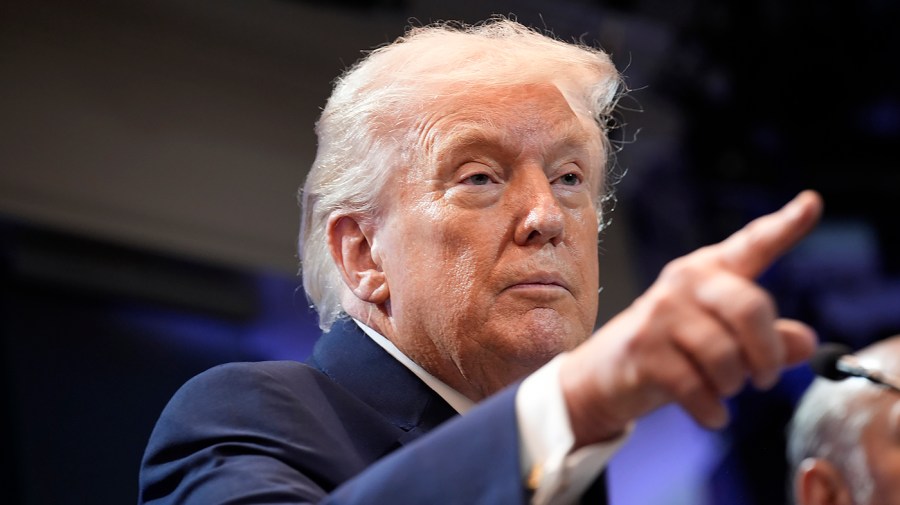
President Trump on Saturday called on Netflix to fire former United Nations Ambassador Susan Rice from its board of directors after she warned about an “accountability agenda” if Democrats regain power in the upcoming elections. “Netflix should fire racist, Trump Deranged Susan Rice, IMMEDIATELY, or pay the consequences…
Read More
Politics
State of Texas: GOP AG hopefuls agree on policy but clash over records in Dallas debate
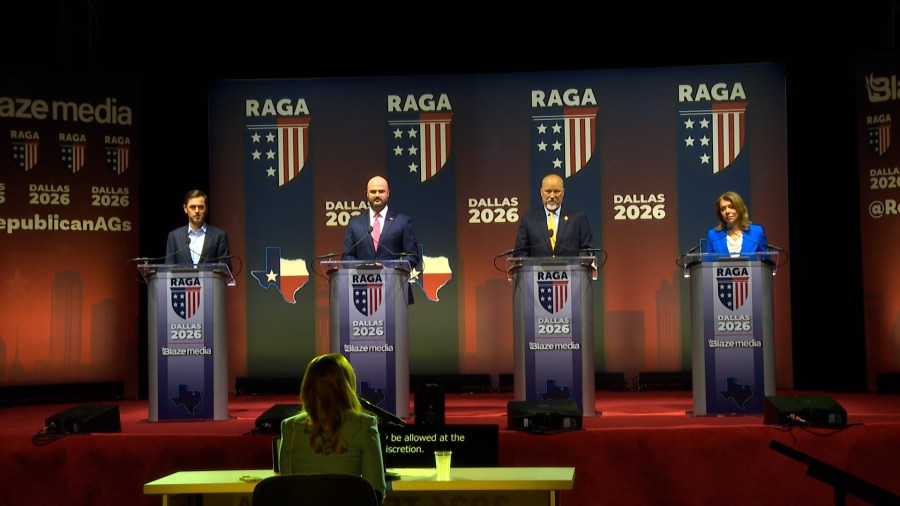
The four candidates vying for the Republican nomination for Texas Attorney General — State Sen. Mayes Middleton, R-Galveston, State Sen. Joan Huffman, R-Houston, former Assistant U.S. Attorney Aaron Reitz and U.S. Rep. Chip Roy, R-Texas — agree on almost everything. However, that didn’t stop them from attacking each other on their records and experience during Tuesday night’s Republican Attorneys General Association (RAGA) debate…
Read More
-

 The Dictatorship1 year ago
The Dictatorship1 year agoLuigi Mangione acknowledges public support in first official statement since arrest
-

 Politics1 year ago
Politics1 year agoFormer ‘Squad’ members launching ‘Bowman and Bush’ YouTube show
-

 The Dictatorship5 months ago
The Dictatorship5 months agoMike Johnson sums up the GOP’s arrogant position on military occupation with two words
-

 Politics1 year ago
Politics1 year agoBlue Light News’s Editorial Director Ryan Hutchins speaks at Blue Light News’s 2025 Governors Summit
-

 Politics1 year ago
Politics1 year agoFormer Kentucky AG Daniel Cameron launches Senate bid
-

 The Dictatorship1 year ago
The Dictatorship1 year agoPete Hegseth’s tenure at the Pentagon goes from bad to worse
-
Uncategorized1 year ago
Bob Good to step down as Freedom Caucus chair this week
-

 Politics10 months ago
Politics10 months agoDemocrat challenging Joni Ernst: I want to ‘tear down’ party, ‘build it back up’




